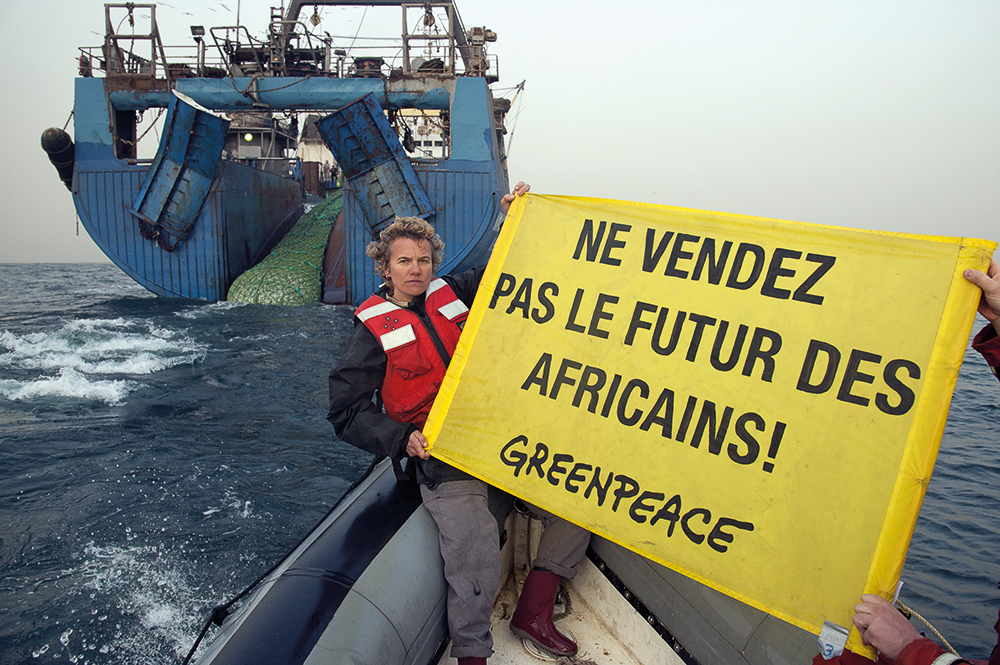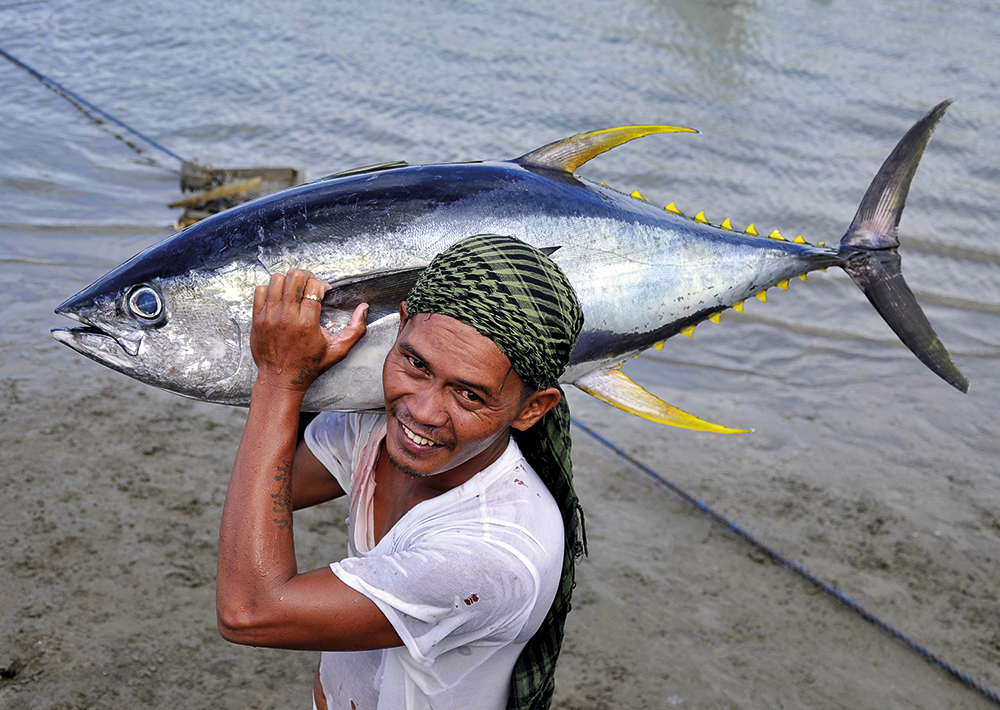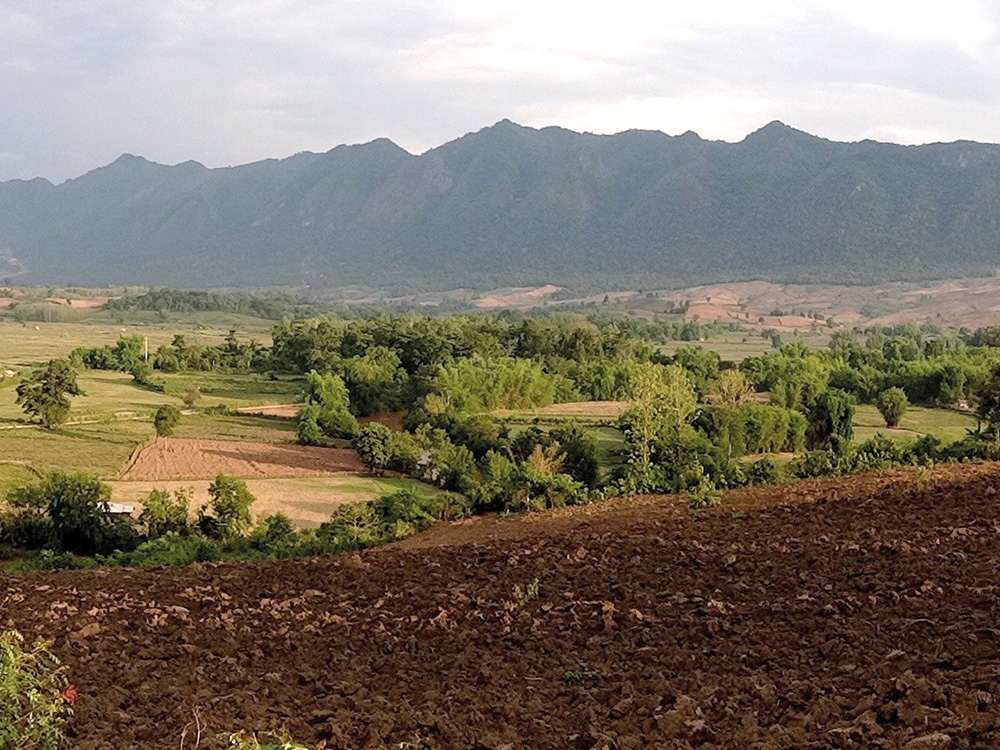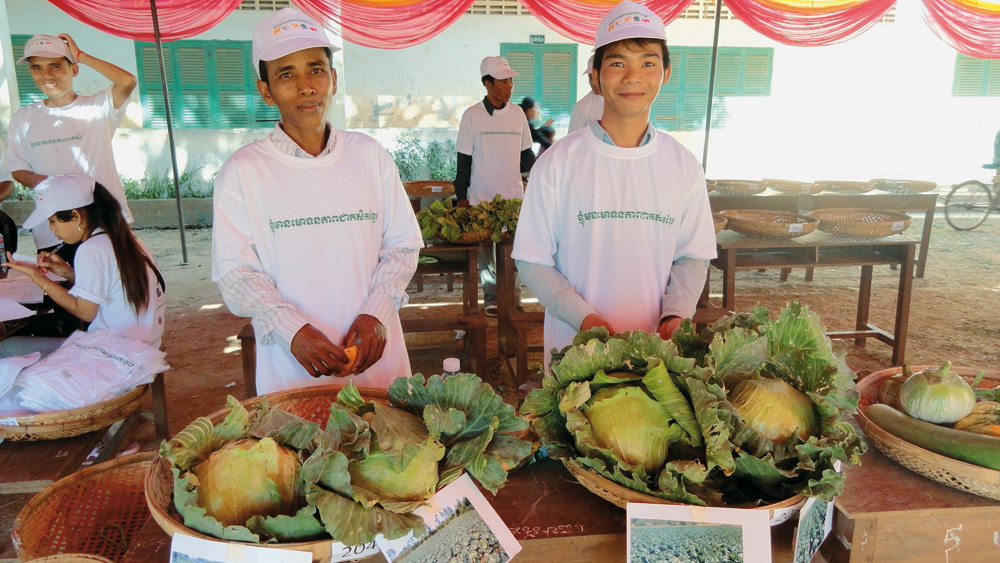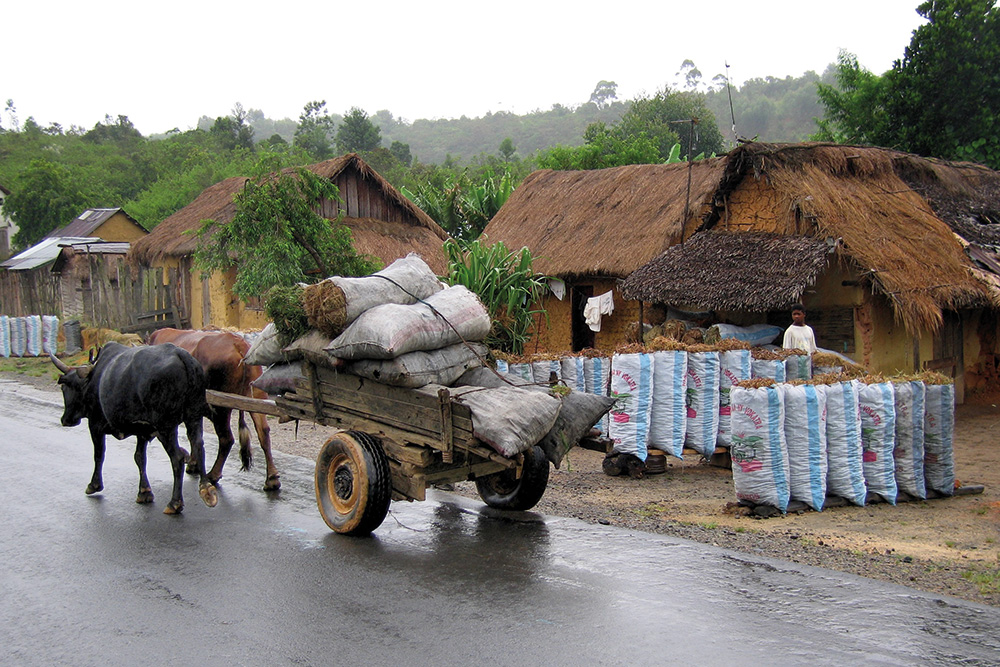Report on the Workshop on the Sources of Khas Land, legal bindings for it’s distribution and Suggestions
Since 1985, Uttaran, an NGO, has been striving to establish the rights of poor people in the South-West regions of Bangladesh. During the operation of this development project, Uttaran has observed that providing the poor with productive elements can help eliminate poverty to a great extent. With the ownership of productive elements, their sources of income become multifarious. The productive element-the small piece of land-changes their social, cultural and psychological behavior. Statistics show that there are about 33lac acres of khas land in Bangladesh.
Susceptibility of tropical mountain forests to biological invasions from the temperate and subtropical zone, exemplified by Zonitoides (Gastropoda: Gastrodontidae)
Colonisation by, and spread of, animal species from the temperate zone are rather uncommon observations in the tropics. The study provides the first reports of two snail species of the genus Zonitoides in Sabah, Borneo, namely Z. arboreus (Say, 1819) and Z. nitidus (O.F. Muller, 1774). The identification was aided using partial sequences of 28S rDNA, and the barcoding sequence of COI. So far, the two Zonitoides species were found in locations where the natural forest cover had been disturbed, and only in the montane forest at elevations between 1500 and 2000 m a.s.l..
Climate-smart agriculture global research agenda: scientific basis for action
Climate-smart agriculture (CSA) addresses the challenge of meeting the growing demand for food, fibre and fuel, despite the changing climate and fewer opportunities for agricultural expansion on additional lands. CSA focuses on contributing to economic development, poverty reduction and food security; maintaining and enhancing the productivity and resilience of natural and agricultural ecosystem functions, thus building natural capital; and reducing trade-offs involved in meeting these goals.
Agrosilvopastoral Systems in Northern Thailand and Northern Laos: Minority Peoples’ Knowledge versus Government Policy
Traditional agrosilvopastoral systems have been an important component of the farming systems and livelihoods of thousands of ethnic minority people in the uplands of Mainland Southeast Asia. Drawing on a combination of qualitative and participatory inquiries in nine ethnic minority communities, this study emphasizes the complex articulation of local farmers’ knowledge which has been so far excluded from governmental development and conservation policies in the northern uplands of Thailand and Laos.
More than just a business
Family farming has many different meanings to many different people. While such farms come in all shape and sizes, one thing all practitioners agree on is that family farming is more than a business – it’s a way of life. The following article shows what constitutes this way of life, the challenges that family farms in Europe and throughout the world face and why and how the European Union supports this type of enterprise.
What is so special about family farms?
Family farms are especially well suited to meet the challenges of labour organisation in agriculture. In early stages of development, they play a particularly important role in creating productive employment for the major share of the population. Moreover, they have strong incentives to use their resources sustainably so as to pass them on to future generations. Yet, family farms should not be romanticised. Often, they only survive by working longer hours and accepting lower incomes than people employed in other sectors of the economy.
Strenghthening family farms in Mercosur
For a long time, the agricultural policies of the Mercosur states ignored family farming, focusing on promoting individual crops and export production instead. Rural development was not on the agenda. Only after the turn of the millennium did a process of rethinking set in.
Machinery rings – a mechanisation concept for African farmers?
One of the basic conditions of empowering farmers is to get them organised. Machinery rings are a promising organisational concept to link up the farms and raise their profitability and power by promoting mechanisation in rural areas.
Tangible sustainability
Family farms are often associated with greater sustainability. But the definition of sustainability is a highly disputable topic. The School of Agricultural, Forest and Food Sciences (HAFL) in Switzerland has developed a method enabling a more objective evaluation of sustainability in agriculture. Response-Inducing Sustainability Evaluation (RISE) covers ten sustainability indicators and supplies the foundation for agricultural advice.
Family farming – a model with a future?
Is there good reason to make family farms a focus of global attention for a year? Or is it not rather reckless to advocate a concept while completely disregarding the fact that the necessary conditions are often not in place? A few entirely personal thoughts on the International Year of Family Farming.
FlexiBiogas – a climate change adaptation and mitigation technology
Access to modern renewable energy services are a key input to poverty eradication and in ensuring food security. Biogas is a renewable energy option suited to provide clean, modern and decentralised sources of energy. Portable systems, such as FlexiBiogas, offer a lot of advantages over traditional fixed dome systems.






